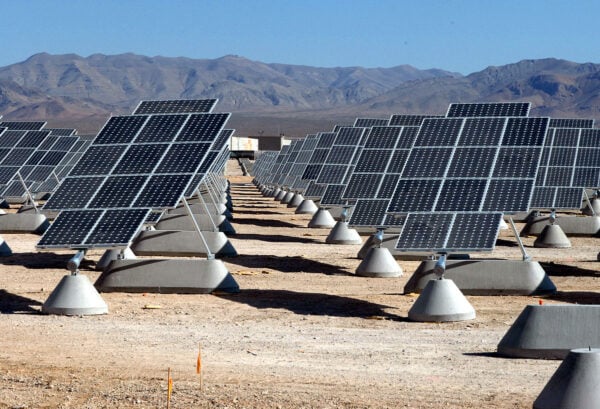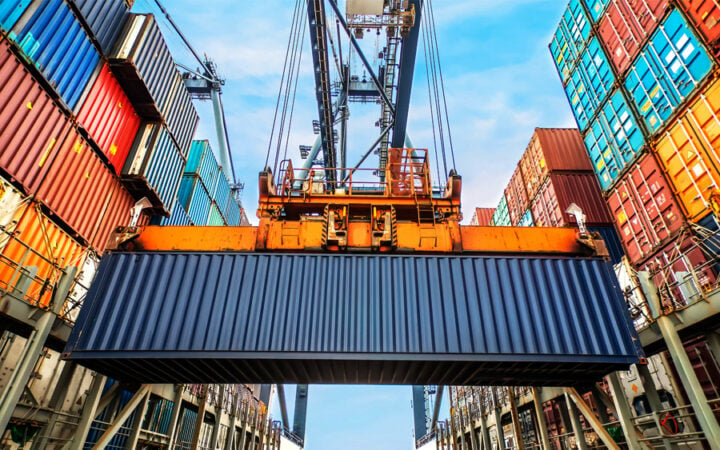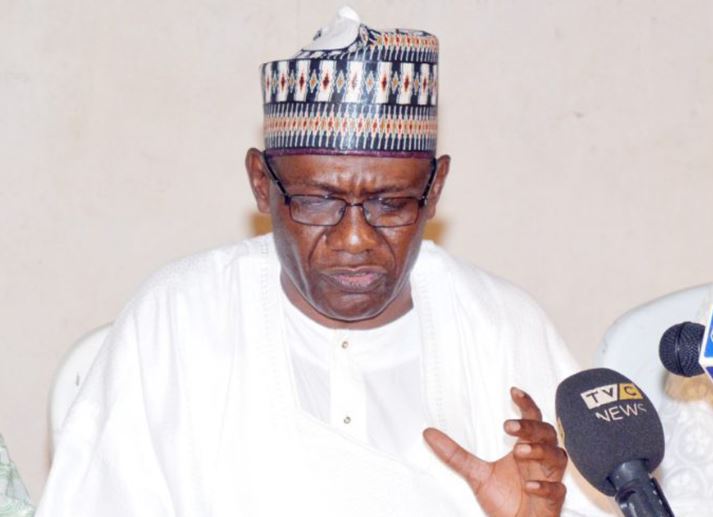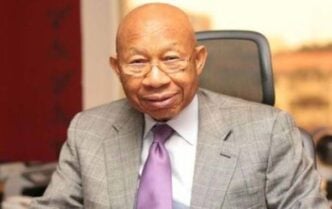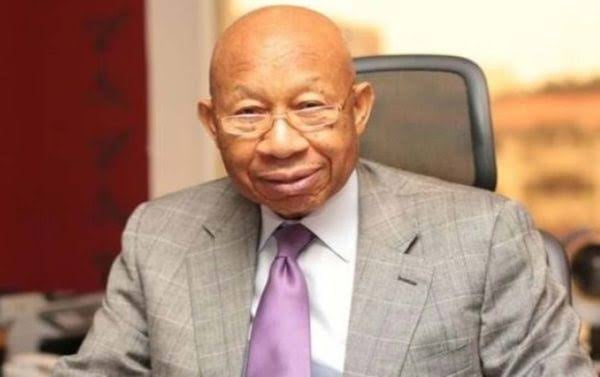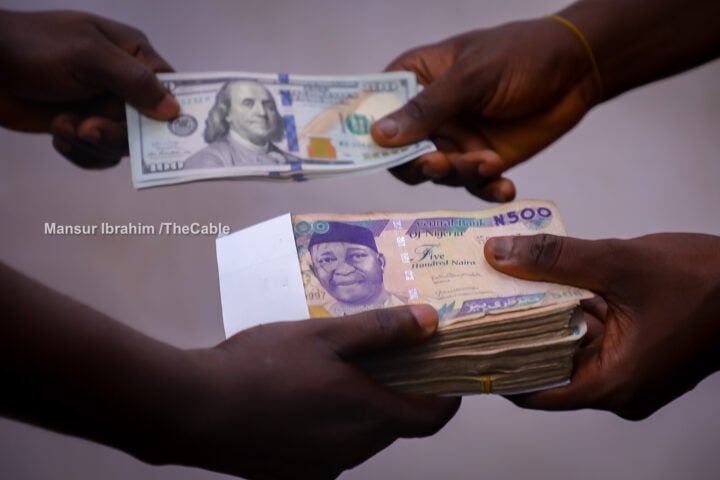Onuoha Nnachi, an energy expert, has urged the government to make substantial investments in developing local production capacity as it moves to phase out the importation of solar panels.
In March, the federal government said plans are under way to halt the importation of solar panels to promote local manufacturing and accelerate Nigeria’s transition to clean energy.
Uche Nnaji, minister of science and technology, had said the move aligns with a presidential order that prioritises local content in science, engineering, and technology.
Speaking at a news conference in Abuja on Monday, Nnachi, the managing partner of Deutsch Partners Holding (DPH), called for improved investment in agriculture and energy infrastructure, citing its critical role in economic development.
Advertisement
He announced plans to host an infrastructure dialogue on Thursday with the theme, ‘Financing Sustainable Energy and Agricultural Infrastructure for Economic Development’.
Among the key speakers expected at the event are Abba Aliyu, the managing director of the Rural Electrification Agency (REA); and Khalil Halilu, the executive vice-chairman of the National Agency for Science and Engineering Infrastructure (NASENI); among others.
Nnachi noted that strategic investments are essential to achieving sustainable energy and agricultural infrastructure.
Advertisement
“It requires bold, strategic financing that bridges the gap between ambition and action,” he said.
Nnachi advised the government against a blanket ban on solar panel imports without first building local capacity.
He added that the restriction on solar panel imports should be implemented gradually rather than as an immediate ban.
“I will not say open Nigerian border for continuous importation of solar-related matters, but we can begin to say that as of today, we only align with this percentage,” Nnachi said.
Advertisement
“You begin to draw it down, but not only will you reduce the number of importations, but you must also invest in growing the capacity for the production to start.
“If you don’t invest in that production plant to be established, and the federal government injects capital in the form of grants and takes up equity in those production plants; my brothers and sisters, you have opened a floodgate for smuggling.
“That will affect the economy. Now, you will deny customs the money they will make.
“So, there should be a gradual phase-out, and that will work. And that phase-out should be equated to the manufacturing capacity of the nation. So, it has to be backed with data.”
Advertisement
On the upcoming infrastructure dialogue, Nnachi said the initiative is central to Nigeria’s development.
“Financing sustainable energy and agricultural infrastructure as a cornerstone for economic development is not just a conversation,” he said.
Advertisement
“It is, in essence, a call to action, a blueprint for progress, and a commitment to the prosperity of our communities, our nations, and our planet.
“We live in a time of unprecedented opportunity and challenge. The global energy demand is rising, yet we must meet it in ways that preserve our environment for future generations.
Advertisement
“At the same time, agriculture, which is essentially the backbone of economies worldwide, faces pressures from climate change, population growth, and the need for greater efficiency.
“These are not separate issues; they are deeply interconnected. Sustainable energy powers modern agriculture, and thriving agriculture fuels economic stability.
Advertisement
“Together, they form a vital cycle that can lift societies out of poverty, create jobs, and drive innovation.”
Nnachi said the dialogue aims to promote knowledge transfer, establish an infrastructure entrepreneurship scheme, implement a train-the-trainers programme, develop sustainable structures, and propose actionable policy recommendations.
